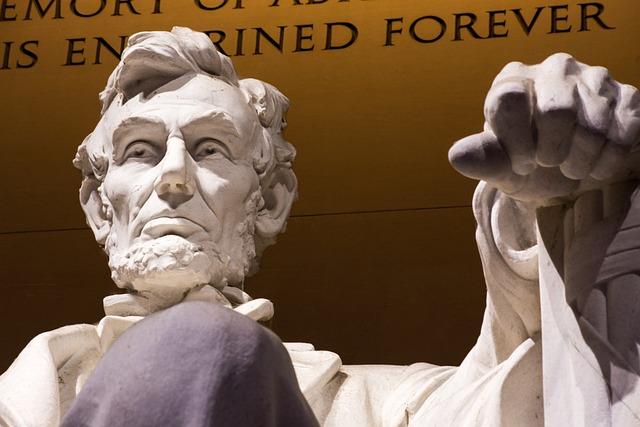Abraham Lincoln’s Influence on Modern Capitalism

Abraham Lincoln, the 16th president of the United States, is often remembered for his role in abolishing slavery and preserving the Union during the Civil War. However, his influence extends beyond these historical landmarks into areas such as the development of modern capitalism. Lincoln’s economic policies, his vision for an interconnected nation, and his understanding of labor and capital relations helped lay the foundation for the capitalist system that the United States embraces today. His contributions in this realm have had lasting effects, shaping the structure and function of modern markets and labor systems.
Economic Vision and Policies
Lincoln’s presidency coincided with a critical period of economic transformation in the United States, particularly as it was moving from an agrarian society toward industrialization. His belief in the importance of infrastructure and national unity as tools for economic development helped guide his policies. One of the cornerstones of Lincoln's economic influence was his commitment to building infrastructure, most notably through the establishment of a transcontinental railroad. This project, initiated during his presidency, opened up vast areas of the country for settlement and commerce, drastically improving the transportation of goods, labor, and resources. Lincoln’s backing of infrastructure projects helped create the conditions for industrial expansion, a hallmark of capitalist economies.
The Homestead Act of 1862 was another significant policy that contributed to the development of capitalism under Lincoln. By granting land to ordinary citizens willing to settle and develop it, the Homestead Act democratized access to property ownership. This policy not only accelerated westward expansion but also fostered a culture of entrepreneurship and self-reliance. In modern capitalist economies, the ideals of personal property rights and entrepreneurship remain key elements, and Lincoln's policies helped embed these values in the American economic fabric.
Labor, Capital, and the Abolition of Slavery
One of Lincoln’s most enduring legacies lies in his approach to labor and capital, particularly in the context of his role in abolishing slavery. Lincoln viewed slavery as not only a moral injustice but also an economic distortion that hindered the growth of free-market capitalism. He famously believed that labor was the foundation of wealth, stating, “Labor is prior to, and independent of, capital. Capital is only the fruit of labor, and could never have existed if labor had not first existed.” This perspective positioned Lincoln as a proponent of what we might now call inclusive capitalism—one that values the dignity and freedom of laborers as essential to economic progress.
By ending slavery, Lincoln ensured that labor markets would be free and competitive, rather than coerced and exploited. The abolition of slavery paved the way for wage-based labor systems, which are fundamental to capitalism today. In a modern economy, the free exchange of labor for wages underpins the entire capitalist structure. Lincoln’s efforts to create a labor market based on freedom, rather than coercion, helped define the principles of fairness and opportunity that still resonate in contemporary capitalist systems.
National Unity and Global Influence
Lincoln's efforts to preserve the Union during the Civil War were not just about political unity but also about economic cohesion. A divided nation would have weakened the country’s ability to compete in the emerging global economy. By keeping the nation intact, Lincoln maintained a large, unified market that could participate in and contribute to global capitalism. This national unity allowed for the creation of a robust internal market, which served as a launching pad for the United States to become a dominant economic force on the world stage.
Conclusion
Abraham Lincoln’s economic vision, commitment to free labor, and efforts to unify the country have had a profound influence on the development of modern capitalism. His policies promoted entrepreneurship, infrastructure development, and wage labor, all of which are central to the capitalist system we know today. By shaping the economic foundations of the United States, Lincoln’s legacy continues to impact the way modern markets function and how labor and capital interact within them.










Comments